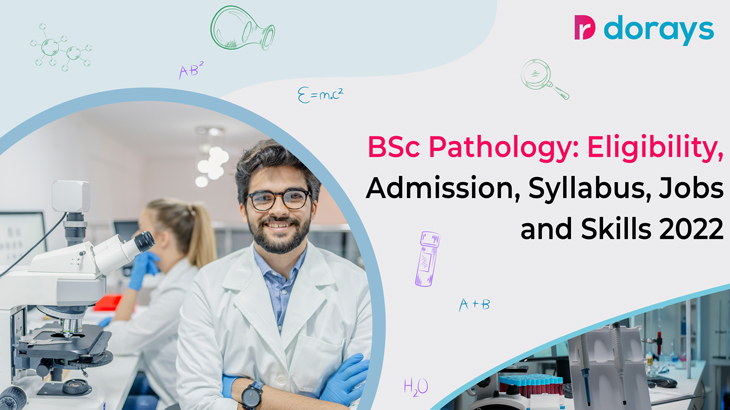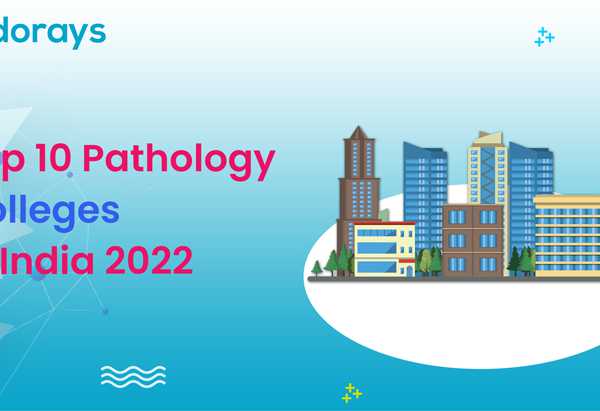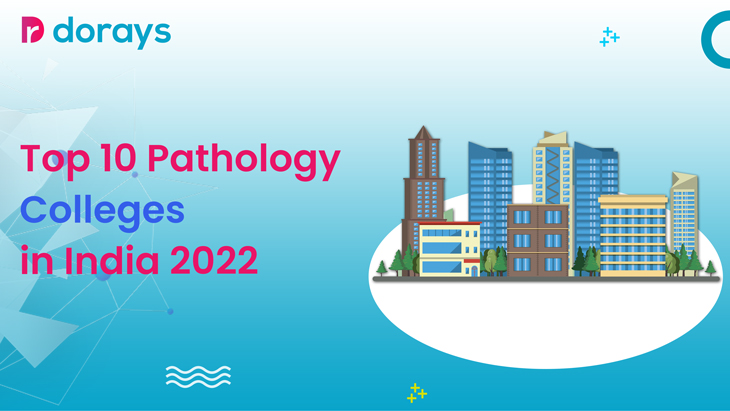BSc Pathology: Worried about your career after completion of 12th grade? If you are one of the youths of India who is immensely passionate about science and loves to experiment with the human body, a warm welcome to the B.Sc. course. This three-year degree course provides ample opportunities to optimistic students who are hard-working, dedicated to the profession, and innovative in the field of science.
Now let’s know more about the course, beginning with the meaning of the word Pathology itself. Pathology consists of two words, ‘pathos,’ which stands for suffering, and ‘logos,’ which means the study of a subject. So basically, combining these two, we get the study of diagnosis of diseases, the underlying disease-causing pathogens like bacteria, viruses, fungi, and other microbes, and the structural and functional changes inside the cells and tissues due to disease conditions, which all come under pathology.
So pathologists mainly use microbiological, immunological, and morphological techniques to discover the progress of a disease condition and the underlying causes of that disease. B. Sc. Pathology has evolved into a fascinating career due to increased demand in the healthcare field, improvement in laboratory techniques, and innovations in forensic and histopathological research.
Branches of pathology: Diversification in pathology
The most common branches which are dealt with in pathology are mainly divided as –
Anatomical pathology (which deals more with microscopic examination of tissues through diagnostic methods like a biopsy, bone marrow aspiration, blood smear, pap smear, and also during specimen collection during surgeries for tests which comes under surgical pathology sub category.)
Clinical pathology ( The branch of pathology deals with the laboratory analysis of body fluids such as blood, urine, semen, and stool using tools and microbiology, biochemistry, hematology, immunology, etc., to diagnose the disease conditions.)
The other branches of pathology could be studied under :
- Histopathology
- Cytopathology
- Phytopathology
- Veterinary pathology
- Molecular pathology
- Hematopathology
- Immunopathology
- Forensic pathology
Eligibility for the course B. Sc. Pathology in India
Suppose you have completed your 12th class with a combination of subjects such as physics, chemistry, and biology. In that case, you are the candidate being welcomed for the course B.Sc. pathology. Most universities require English as a compulsory subject as well. According to the requirements of some of the instructions, the candidate must also qualify for the NEET examination to become eligible for admission into this course.
Admission process and documents required
Suppose you would like to look at how to get admission to a university under a B.Sc. pathology course. In that case, you could probably find out that there is no certain national-level examination that is being conducted separately for a B.Sc. pathology course. Some instructions ask for NEET qualified students, while others may ask for writing their university-level entrance examination. However, let’s talk about institutes of national benefit like AIIMS ( All India Institute of Medical Science). It provides B.Sc. in Medical Laboratory Techniques course, which is more or less equivalent to a B.Sc. pathology course.
You require your 10th and 12th board certificates, caste certificate (if you belong to a reserved category), income certificate (in case you are from OBC or EWS), Domicile certificate of the state of residence, NEET score card (if asked for), entrance examination score card (if it was conducted separately for the university) for undergoing the admission process.
Syllabus of the course
B.Sc. pathology course comprised 6 semesters in total during the three-year course like other B.Sc. courses in India.
- The subjects to be covered during 1st year are-
Biology, Chemistry, Biochemistry and molecular biology, Exploring human diseases.
- Subjects for the 2nd year are-
Mechanism of human disease, Techniques for Investigation of diseases, and Frontiers of human disease
- During the 3rd year of the course, someone needs to cover –
Advanced investigations of human disease, Biomedical science research projects & viva voce, Practical clinical endocrinology and toxicology, and Practical advanced diagnostic techniques.
Jobs you would be looking for and skills
The job opportunities which may be knocking on your doorstep if you have a Bachelor’s degree in Pathology could be –
- Pathologist (Who works on the study of causes of diseases and who deals with all the body fluids and tissues examination)
- Lab Technician (Responsible for handling lab equipments and maintenance of laboratory)
- Biochemist (The scientist who loves to play with our DNA, hereditary traits, and development of cells)
- The Research Analyst (Who does research works in the field of lab-based experiments)
- Mortuary Assistant (Who works in a mortuary with autopsy and cause of death)
- Professor (Postgraduate and above qualification bearers could get into teaching as professors in Allied HealthCare universities as well as in Medical colleges)
Apart from all the academic requirements, this course asks for your dedication towards your work, working odd hours (if you are looking for only a 9-5 routine job, then clinical pathology may not be your cup of tea), handling the microscopic instruments with the utmost care, dealing with human body tissues and organs without any hesitation.
Conclusion
As you have gone through the information about the B.Sc. pathology course, do you consider yourself a worthy candidate to pursue this? If yes, then any reputed university’s application form is just a click ahead!






Leave a Comment